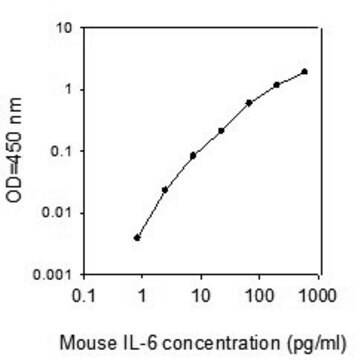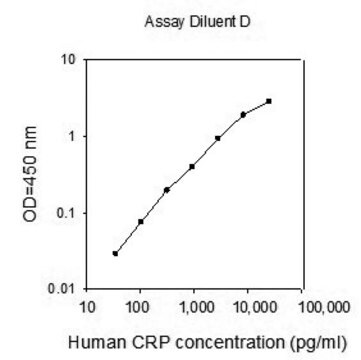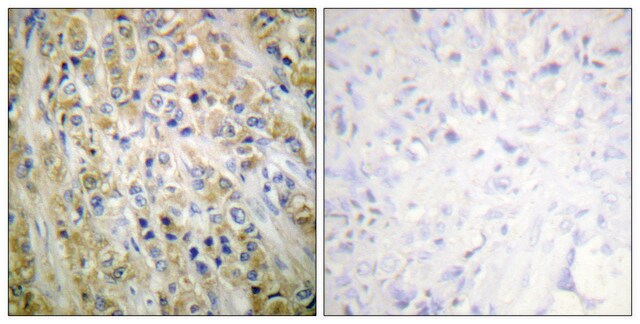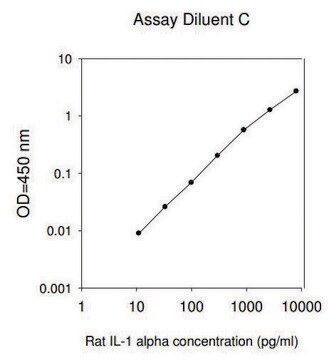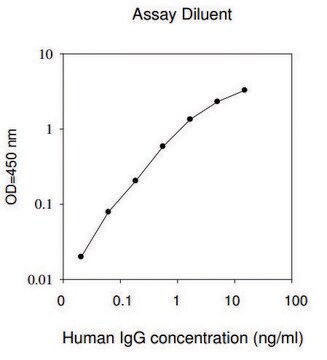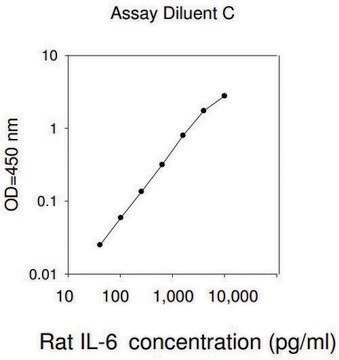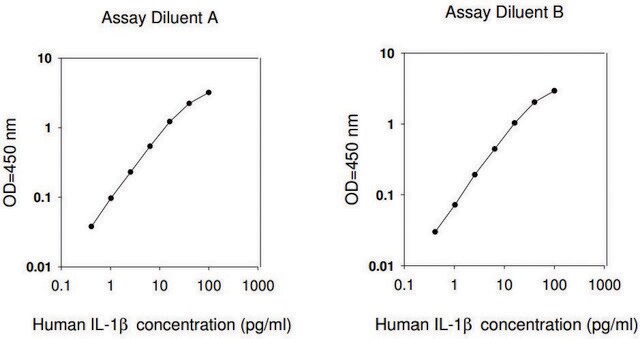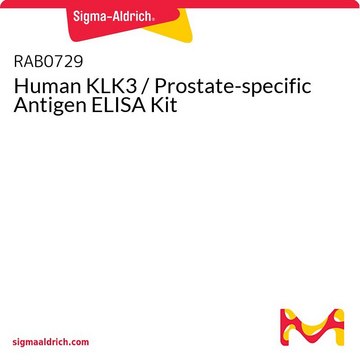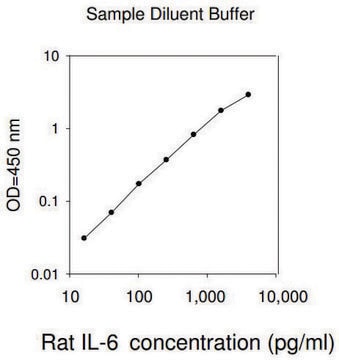RAB0331
Human PSA-total ELISA Kit
for serum, plasma, cell culture supernatant and urine
Synonym(s):
Gamma-seminoprotein), Kallikrein-3, Prostate-specific antigen
About This Item
Recommended Products
species reactivity
human
packaging
kit of 96 wells (12 strips x 8 wells)
technique(s)
ELISA: suitable
capture ELISA: suitable
input
sample type serum
sample type urine
sample type plasma
sample type cell culture supernatant(s)
assay range
inter-assay cv: <12%
intra-assay cv: <10%
sensitivity: 8 pg/mL
standard curve range: 10.24-2500 pg/mL
detection method
colorimetric
shipped in
wet ice
storage temp.
−20°C
Gene Information
human ... KLK3(354)
General description
Immunogen
Application
Human PSA-total ELISA Kit has been used to determine PSA (prostate specific antigen) level in serum of prostate cancer patients and cancer-free patients.
Biochem/physiol Actions
Other Notes
Please type the word sample in the text box provided for lot number.
Kit Components Also Available Separately
Signal Word
Warning
Hazard Statements
Precautionary Statements
Hazard Classifications
Met. Corr. 1
Storage Class Code
8A - Combustible corrosive hazardous materials
Choose from one of the most recent versions:
Certificates of Analysis (COA)
Don't see the Right Version?
If you require a particular version, you can look up a specific certificate by the Lot or Batch number.
Already Own This Product?
Find documentation for the products that you have recently purchased in the Document Library.
Our team of scientists has experience in all areas of research including Life Science, Material Science, Chemical Synthesis, Chromatography, Analytical and many others.
Contact Technical Service